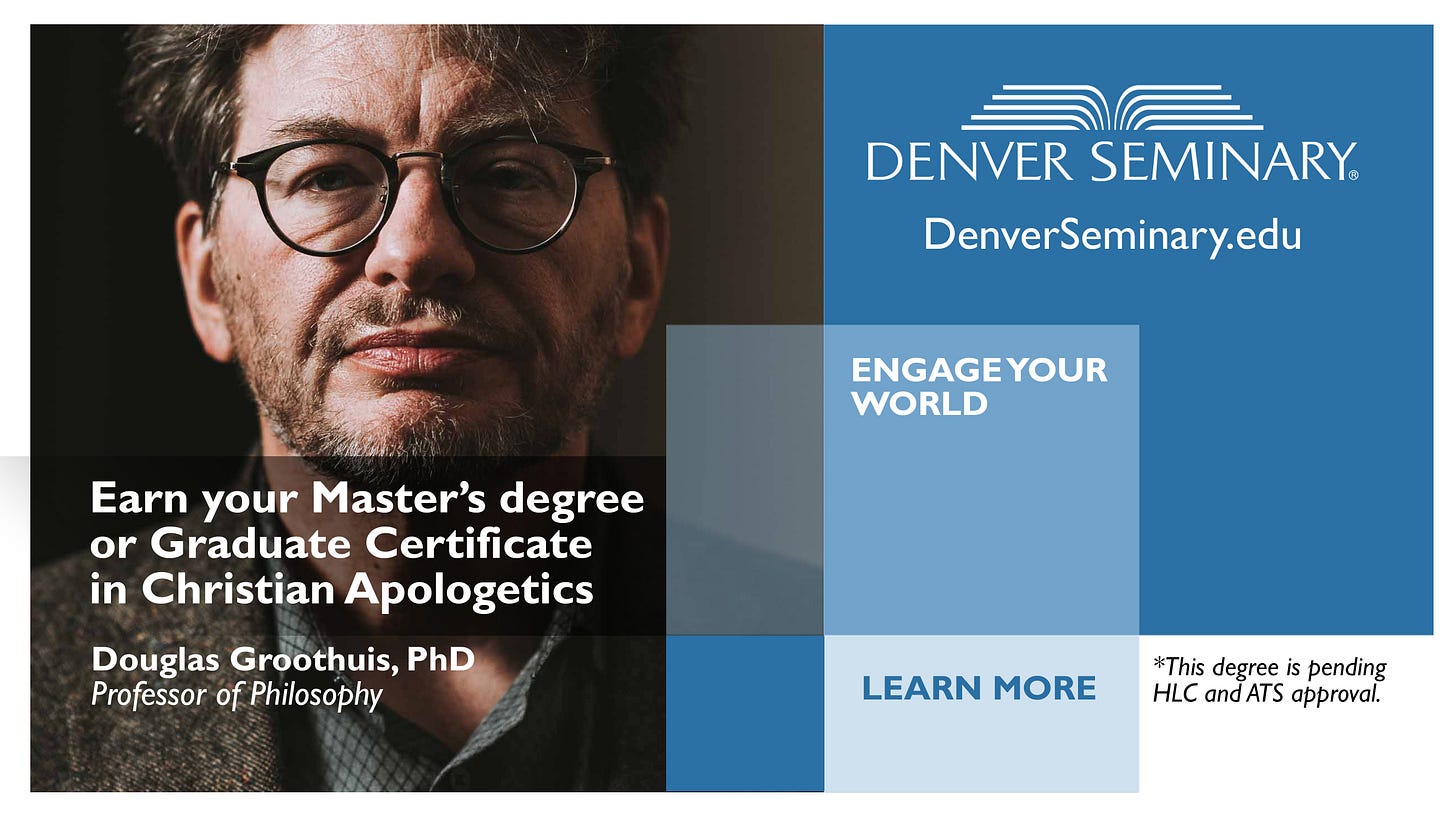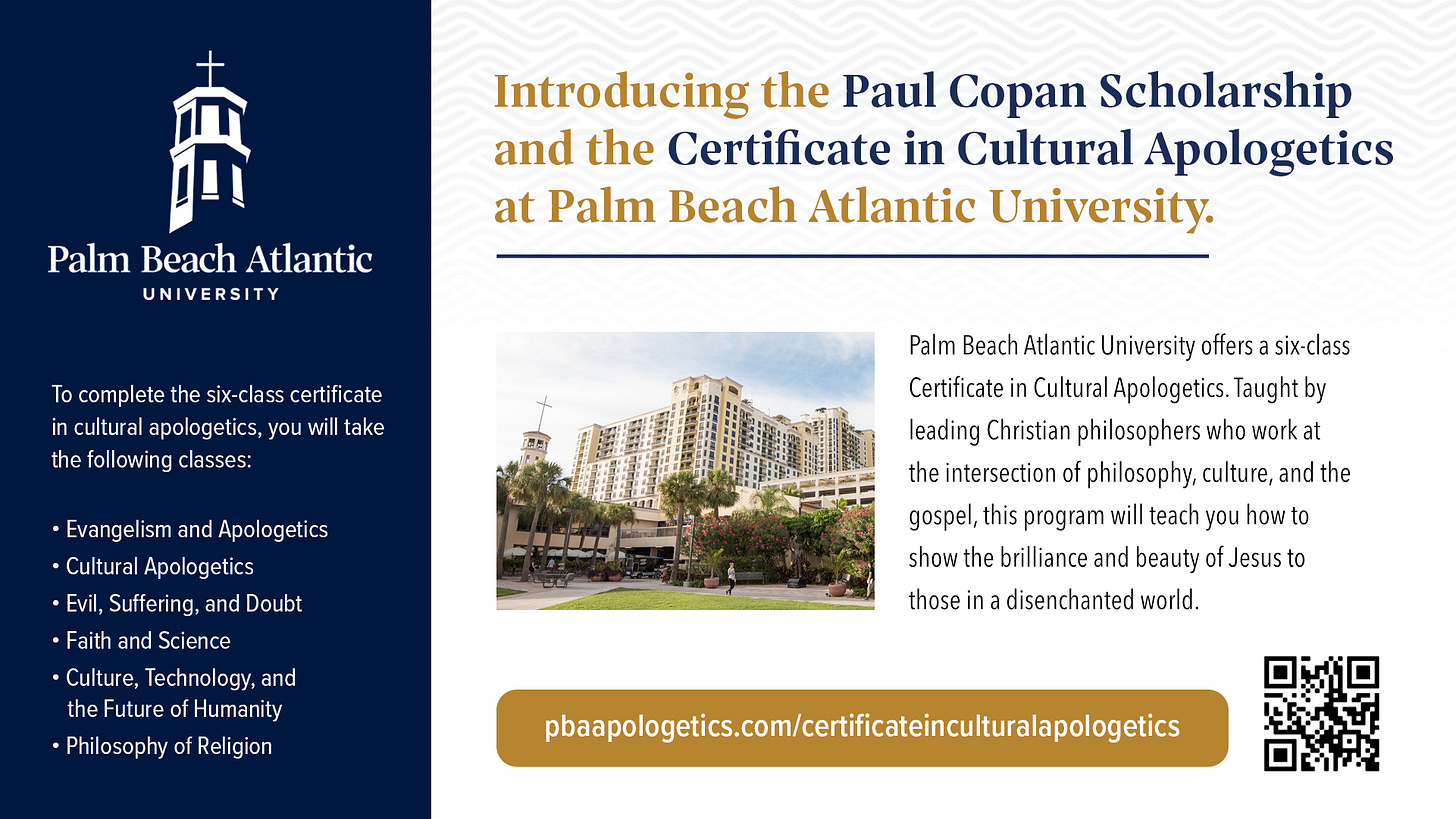A Short Guide to the Mind-Body Problem
By Alin Christoph Cucu
[I]f it isn't literally true that my wanting is causally responsible for my reaching, and my itching is causally responsible for my scratching, and my believing is causally responsible for my saying (. . .) then practically everything I believe about anything is false and it's the end of the world. (Jerry Fodor[1])
The mind-body problem is as old as philosophy itself (already Plato and Aristotle dealt with it). One may wonder, though, how there is a problem in the first place. We have minds, and we have bodies, and the two clearly seem to interact. My wanting a sip of water is the cause of my reaching out for the glass; the itch I feel is the reason why I scratch myself. Those events are among the most mundane we can think of. How in the world is there a problem?
It arises when one starts to think about the nature of the mental and the physical, respectively. The mind-body problem then becomes the problem of explaining how two such fundamentally different things as mind and body can relate to, or even interact with, one another.
Upon reflecting on it, one cannot but concede that the mental has characteristics wholly absent from physical states:
a) There is a raw, qualitative feeling, a “what it is like” to have a mental state like a pain.
b) At least many mental states have intentionality directed towards an object—they are about that object.
c) Mental states are internal, private, and immediate to the subject who has them.
d) Mental states require a subjective ontology, i.e., they are necessarily a property of the sentient subjects who have them. There are no “free-floating” mental states.
e) Mental states lack crucial features (e.g., spatial extent, location, a structure composed of parts) that characterize physical states, and they generally cannot be described using physical language.
The mind-body problem (MBP) is thus first an ontological question: are the mental and the physical two distinct realms, or is one type a subclass of the other? But secondly, it is also a causal question: how, if at all, do the mental and the physical interact?
Answers to the causal question are determined by the answers to the ontological question. The latter admits of two basic options: either there is only one type of thing/property (monism), or there are two such types (dualism). We shall look at the most important monist theory, physicalism, as well as at two dualist views.
Contra physicalism
Physicalism is mostly propounded as the thesis that physical events can only have physical causes (the “causal closure of the physical”). This means that if one allows the mental to be of an ontologically different kind than the physical, it cannot be causally efficacious; a price many physicalists consider too steep (see Fodor’s introductory quote). To ensure mental causation, they therefore take mental events to be physical events which fulfill certain functions (like protecting the body from harm by making the hand retract upon touching a hot stove). Physicalism thus attributes a causal role to the mental, but only at the expense of making the mental physical.
The problem is that this, rather than explaining the mental, explains it away. Take phenomenal consciousness, the “what it is like to be” in a mental state, e.g., feeling a pain. These feelings are so-called qualia. Physicalists claim that qualia are just functions, realized in the matter of our brains; thus the feeling of pain is the function of self-protection (e.g., causing hand retraction). But this does not explain the phenomenal aspect of pain. Property dualist David Chalmers[2] argues that the exact same functions, with the exact same physical processes, could be at work in a physical duplicate of him, albeit without consciousness. If it is logically possible that there are such zombie duplicates of people, then the qualia I have must be something other than physical properties.
A second line of argument asks whether rationality can be wholly explained in terms of physical processes. We are rational whenever we think or act for good reasons. Reasons are, of course, mental events which relate logically or rationally to one another (like “A because of B”). The problem is that physical events have no such relationship at all. There is only causality (“B is the cause of A”), governed by the laws of nature. If our mental processes are nothing but physical brain processes, then what guarantees our rationality? [3]
Contra property dualism
Property dualism (PD) assumes that the world fundamentally contains mental properties alongside physical properties, but no mental entities. PD can thus explain qualia: they are irreducible mental properties.
Still, PD has some ultimately fatal problems:
Mental properties become causally irrelevant because property dualists typically hold to the causal closure of the physical, and because mental properties are usually considered to depend for their existence on physical properties that do all the causal work.
The firm tying of mental properties to physical properties again raises the question of the validity of rational thought. If physics/biology does all the causal work, and the mind follows its movements like a shadow follows a body, where are the distinctively rational relations between thoughts?
If one reintroduces sui generis mental properties, one must consequently reintroduce a subjective ontology: there must be a subject which has these properties. That this subject is physical seems implausible for several reasons:
Our consciousness as subjects is an indivisible unity. But physical objects are divisible. It is unclear how a divisible subject can have a unified consciousness[4].
We are self-reflexive, i.e., we can ourselves be objects of our thinking. This does not sit well with a physical ontology of the self, because, insofar as we grasp the essence of our self, it does not seem to be physical[5].
We are free as subjects—or, ultimately as persons. Matter, however, is subject to the laws of nature which do not admit of freedom in the relevant sense.
These considerations show that the question about the mind is ultimately a question about persons. It is persons who have minds, and hence mental properties. What we therefore need in the context of the MBP is an adequate ontology of the human person.
Pro substance dualism
Just such an ontology is offered by substance dualism (SD). Here the human person is a soul (a mental entity) and has a body. On SD, consciousness is unified, because it is the consciousness of a simple substance, the soul. Likewise, the freedom of the person is assured (because the soul is not governed by the laws of nature), as is the causal efficacy of the mental. Self-reflexivity also becomes more intelligible, as it stands to reason that the object of a reflection in which the object appears as mental actually is mental. Finally, rationality is assured: the rational aspect of rational thought is entirely located in the soul. The brain may be needed to get those thought processes going, but it does not provide rationality.
The weightiest objection against SD is the so-called interaction problem: How can an immaterial soul move the material body? Christians at any rate should have no problem with such causality. Has not God, the ultimate Spirit (John 4:24), often intervened in the physical world? Second, are we certain of having understood the nature of physical causality? What ensures that masses, or opposing charges, attract each other? There is no logical necessity in this. It could be otherwise. By contrast, we know with great certainty (namely, introspectively) that we mentally cause things in the physical world.
Then there is the question of the laws of nature. If souls can interact with bodies, don't they break natural laws? The most popular version of this objection is the argument from conservation laws: if souls could interact with brains, they would violate the conservation of energy and/or momentum, and since that cannot be, there can be no interaction. But the objection is based on a misunderstanding of conservation laws. These are not formulated categorically, but biconditionally: if and only if certain symmetries of a physical system are satisfied (the Noether symmetries), then energy/momentum are conserved; if not, then not.
This is not to say that SD has no difficulties of its own. But at least it explains the “mind” part in “mind-body problem” adequately.
Notes
[1] Fodor, Jerry A. 1983. “Making Mind Matter More.” In Mental Causation, edited by John Heil and Alfred R. Mele. Oxford: Clarendon Press.
[2] See Chalmers, David. 1996. The Conscious Mind. New York: Oxford University Press.
[3] C. S. Lewis famously made this point in his Miracles (Revised Edition 1960, New York: Macmillan.)
[4] See Moreland, J. P. 2018. “Substance Dualism and the Unity of Consciousness.” In The Blackwell Companion to Substance Dualism, edited by Jonathan J. Loose and Angus J. L. Menuge. Hoboken, NJ: Wiley Blackwell.
[5] Avicenna uses this reasoning in his famous “floating man” argument (see also Adamson, Peter, and Fedor Benevich. 2018. “The Thought Experimental Method: Avicenna’s Flying Man Argument.” Journal of the American Philosophical Association 4 (2): 147–64.
— Alin Christoph Cucu (PhD, University of Lausanne) is a lecturer and postdoctoral researcher in philosophy at the University of Lausanne, Switzerland. He is the author of a PhD thesis as well as several peer-reviewed papers on mind-body-interaction, especially its scientific aspects, and co-editor of an anthology with the title “Religious Hypotheses and the Study of Human Nature” (in Romanian, Institutul European, forthcoming). His co-authored paper “How Dualists Should (Not) Respond to the Objection From Energy Conservation” (with J. Brian Pitts) was awarded the Best Paper Prize of the Mind and Matter Society. In recent years he won three Templeton grants for research projects at the intersection of theology, philosophy and science. You can follow his work at his newsletter, Pensees.
Image by Gerd Altmann from Pixabay
[sponsored]
100% online option available. For more information, visit the website here or contact the HCU School of Christian Thought at +(281) 649-3269 or sctdean@hbu.edu.
“I love this book! ... I really don't know of a better book that has this purpose and audience in mind. It should be used in seminaries and Christian colleges to train pastors or students to share their faith intelligently and to understand the culture we seek to reach... The book is not only informative; it's also interesting!”
— JP Moreland, Distinguished Professor of Philosophy, Talbot School of Theology, Biola University and author of Scientism and Secularism.
“Ever struggled to maneuver in a spiritual conversation or to present the gospel in a challenging context? Christian apologist Eric Hernandez has a solution... His minimalist approach will change the way you talk about God, Jesus, and the Bible. If you're ready to respond to the latest cultural developments and objections, The Lazy Approach to Evangelism will help you make the case.”
— J. Warner Wallace, Dateline-featured Cold-Case Detective, Senior Fellow at the Colson Center for Christian Worldview, Adjunct Professor of Apologetics at Talbot School of Theology (Biola University), and author of Cold-Case Christianity, Person of Interest, and The Truth in True Crime.
“There are many books on using Christian apologetics for evangelism. But when someone is interested in beginning their study of Christian apologetics, from now on, this book by Mr. Hernandez will be the first book I recommend!”
— Michael Licona, Professor of New Testament Studies, Houston Christian University
Find The Lazy Approach to Evangelism at Amazon and GC2 Press.
Christian apologetics helps to quiet the doubts of those we are witnessing to and helps to effectively carry out the mission of God in the world.
The Master of Arts or Graduate Certificate in Christian apologetics* equips students in the discipline of defending the Christian worldview as objectively true, compellingly rational, and existentially pertinent to the whole of life. In addition to core courses in Bible, theology, and mentoring, through this degree students will learn the proper method of apologetics, the arguments for the existence of God, the finality of Christ, and the reliability of the Bible, as well as how to bring the gospel to those in other religions, learn basic biblical ethics, how to respond to contemporary moral questions, and how to respond intelligently to challenges to the biblical worldview.
*These degrees are pending HLC and ATC approval.
LEARN MORE AND APPLY AT:
https://denverseminary.edu/program/master-of-arts/christian-apologetics/
Learn more at https://pbaapologetics.com/certificateinculturalapologetics.
Advertise in The Worldview Bulletin
Do you have a ministry, book, course, conference, or product you’d like to promote to 6,760 Worldview Bulletin readers? Click here to learn how. We’re currently booking for September-October.
Support The Worldview Bulletin
Your support makes The Worldview Bulletin possible! We couldn’t do this without the support of you, our readers. We would be grateful for your help in any of the following ways:
Subscribe to receive our newsletter and gain access to our full archive of scores of articles and new videos.
Give a gift subscription to a family member or friend who would benefit, or subscribe a group of four or more and save 25%.
Make a one-time or recurring donation.
“Staffed by a very respected and biblically faithful group of Evangelical scholars, The Worldview Bulletin provides all of us with timely, relevant, and Christian-worldview analysis of, and response to, the tough issues of our day. I love these folks and thank God for their work in this effort.”
— JP Moreland, distinguished professor of philosophy, Talbot School of Theology, Biola University, author of Scientism and Secularism: Learning to Respond to a Dangerous Ideology (Crossway)
“The Worldview Bulletin is a must-have resource for everyone who’s committed to spreading and defending the faith. It’s timely, always relevant, frequently eye-opening, and it never fails to encourage, inspire, and equip.”
— Lee Strobel, New York Times bestselling author of more than forty books and founding director of the Lee Strobel Center for Evangelism and Applied Apologetics
“I find The Worldview Bulletin very stimulating and would encourage all thinking Christians to read it.”
— John Lennox, emeritus professor of mathematics, University of Oxford, emeritus fellow in mathematics and philosophy of science, Green Templeton College, author of Cosmic Chemistry: Do God and Science Mix? (Lion)
“The Worldview Bulletin is a wonderful resource for the church. It’s timely and helpful.” — Sean McDowell, associate professor in the Christian Apologetics program at Talbot School of Theology and author of The Fate of the Apostles: Examining the Martyrdom Accounts of the Closest Followers of Jesus (Routledge)
“Are you looking for a way to defend your Christian worldview? If so, look no further. At The Worldview Bulletin you’ll encounter world-leading scholars dispensing truth in a digestible format. Don’t miss out on this unique opportunity to engage in this meeting of the minds.”
— Bobby Conway, Founder of The One-Minute Apologist, author of Does God Exist?: And 51 Other Compelling Questions About God and the Bible (Harvest House)
“The Worldview Bulletin is a wonderful resource for those desiring to inform themselves in matters of Christian apologetics. Learn key points in succinct articles written by leading scholars and ministers. All for the monthly price of a cup of coffee!”
— Michael Licona, associate professor of theology at Houston Christian University and author of Why Are There Differences in the Gospels? What We Can Learn From Ancient Biography (Oxford University Press)
“The Worldview Bulletin shines a brilliant light of truth in a darkening world. These authors, who are experts in their field, consistently provide logical, rational, moral and most importantly biblical answers, in response to the deceitful narratives we are bombarded with daily. I have found it a great source of enlightenment, comfort, and inspiration.”
— B. Shadbolt, Subscriber, New South Wales, Australia






Hmmm. I wonder how this so called interaction problem with dualism is similar to abstract objects interacting with the physical.
It would be interesting to know how many mathematical realists, who are mind/brain physicalists, that reject dualism because of the interaction problem there are.